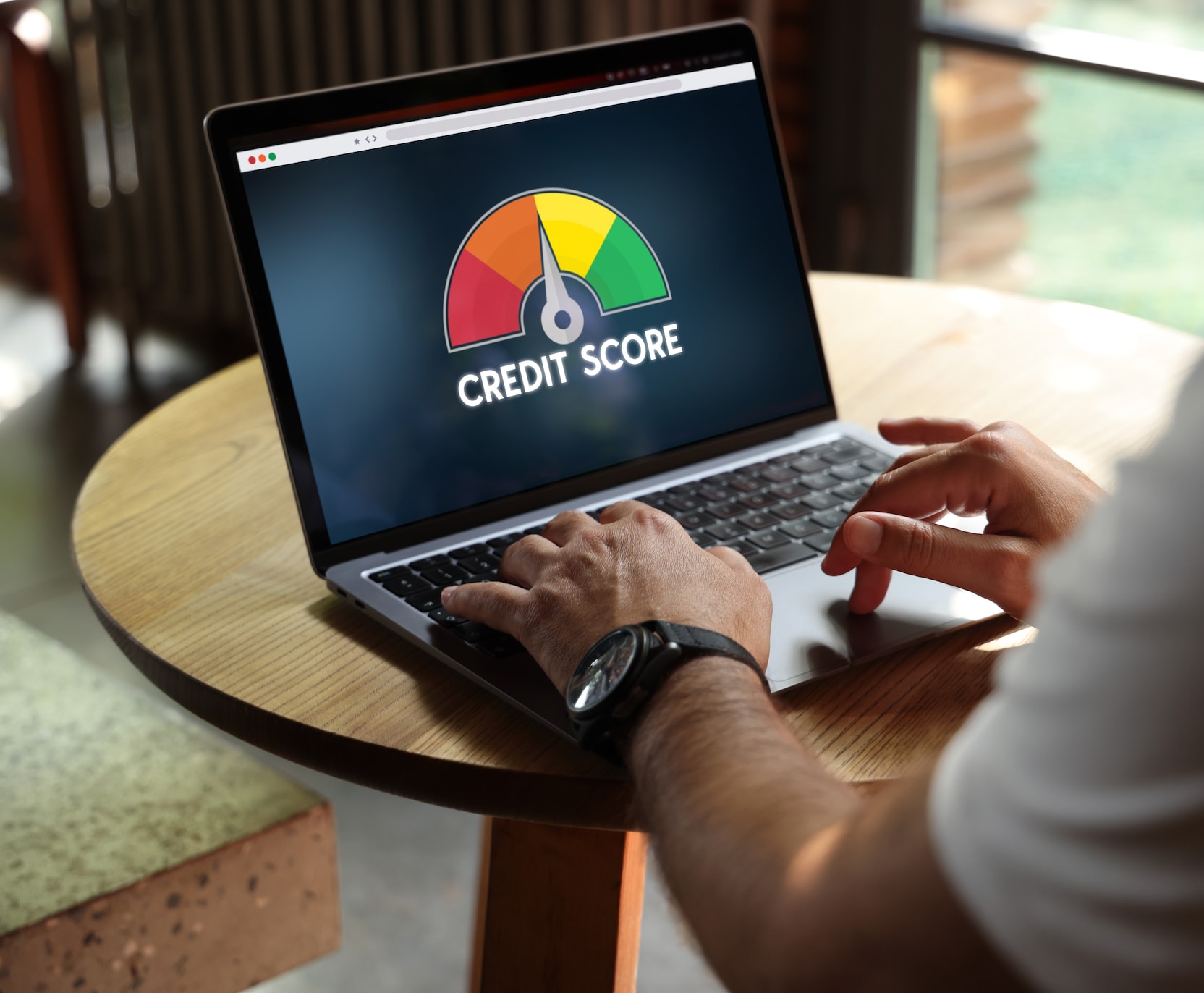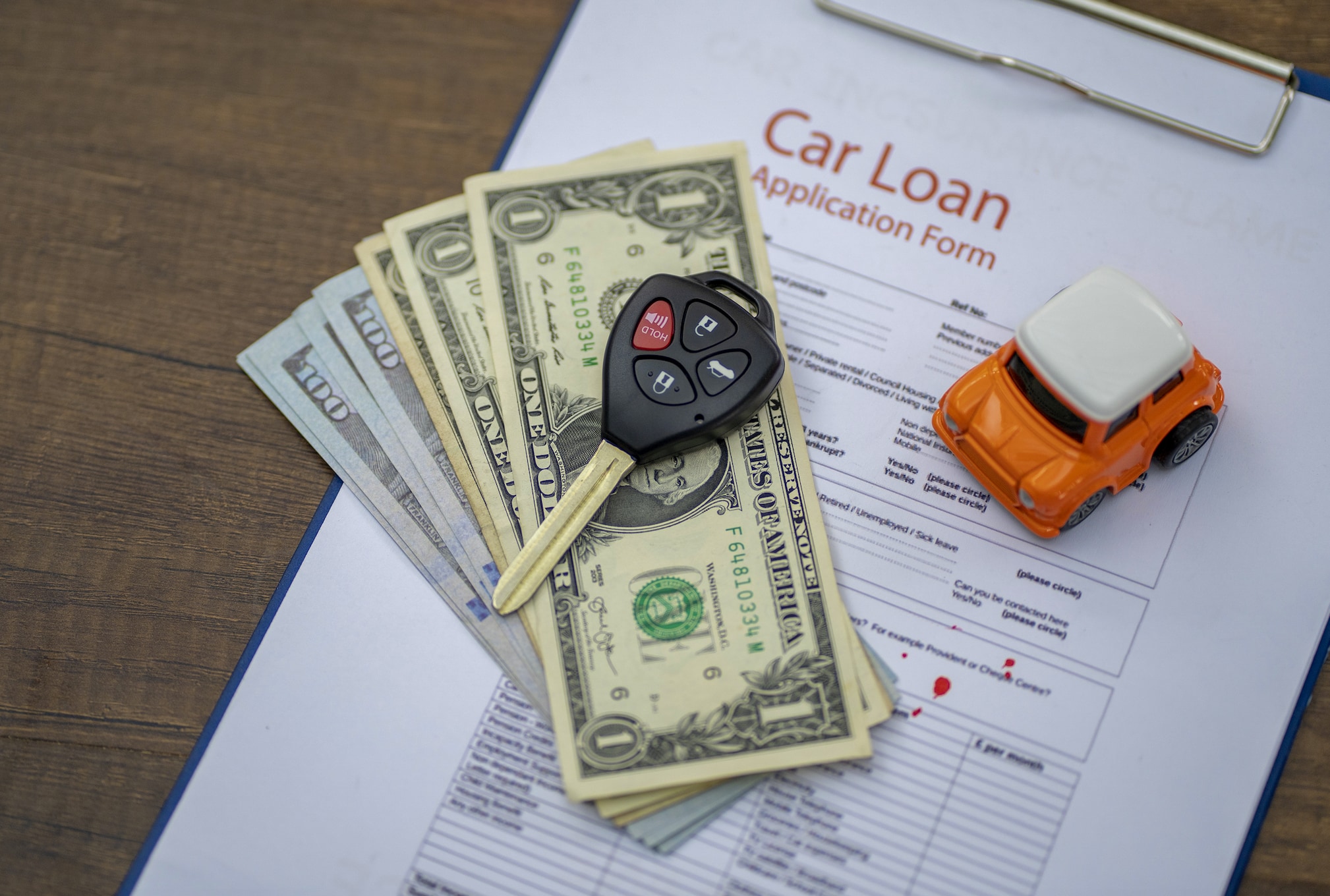There are many factors at play when deciding whether you'd like to own or lease a vehicle. Current car prices and interest rates play into this decision. According to Experian's latest State of the Automotive Finance Report, with interest rates up last year, there was an uptick in paying cash for cars. Last year, up to 20 percent of car buyers paid cash for a new car while financing for used vehicles was at 37 percent. Only 21 percent of consumers are currently choosing to lease a vehicle and leasing a used vehicle accounts for only eight percent of transactions.
Buying or Leasing, which is Best?

Should you Buy or Lease a Car today?
When it comes to financing, 60 percent of used vehicles are financed and 39 percent of new vehicles are financed.
Overall, credit scores for both new and used car sales are up slightly over the previous year with an average score of 690. SUVs continue to be the biggest sellers at over 60 percent of new vehicle sales. Last year, the average monthly payment for a new car loan hovered at around $700, while the average car lease payment was just north of $500. Used cars were by far the cheaper alternative with the average payment coming in at around $400 per month.
With that in mind, the choice to buy or lease is not just a matter of how much personal transportation costs you per month, there's a lot more to consider. The details often have more to do with how and where you drive as well as your personal preferences. Depending on a number of factors, sometimes it is smarter to buy, and other times, it is smarter to lease. Let's take a look at the pros and cons of each.
When Buying is Better
Purchasing a car is an investment. For many, the only bigger asset is your home. Buying a vehicle can be a sound investment, especially if you do your research and know how much you can expect the vehicle to depreciate over time. Buying a car that is three or more years old means it has already depreciated and is likely to hold much of its value. Used cars that are just a few years old can offer a great value and are still new enough to include the latest styling and tech.
Whether you pay cash or get an auto loan to pay off your new or used car, your vehicle becomes an asset as you gain ownership and enjoy long term value. Once the loan is paid off, you will own the vehicle free and clear with no monthly payments. Owning a car is like owning a house while leasing a car is like renting.

By owning a car, you save money over the long term. You can customize the vehicle to make it your own and sell or trade it whenever you wish. Plus, unlike a lease vehicle, there are no limits or restrictions when it comes to how many miles you can drive in a year. When you buy a car, it is all yours and many of us get attached to our cars and keep them for a long time. They become members of the family.
Lease contracts usually have a mileage limit. You can only drive 10,000 to 15,000 miles per year. If you go over that mileage limit, you can be charged 20 cents or more for every additional mile you travel. When you return the car at the end of the lease, a big mileage charge could await you. Not good. By the same token, lease contracts have a charge for wear and tear to the vehicle. Expect to pay through the nose for any dents or dings to the body.

When Leasing is Better
As we mentioned, leasing is like renting a car. You will never own the vehicle, however, compared to buying a new car, leasing offers lower monthly payments. A longer term lease that is over three years will make your monthly payments even lower. When you purchase a car, you will likely need a 10- to 20-percent down payment. Lease cars require lower payments at time of signing the lease contract, and if you have excellent credit, you might not have to put any money down at all.
When you lease, you get to drive a brand-new car with all the very latest safety and driver assist features and the latest technology and performance. The average lease is for two to three years and that means you get to enjoy a new vehicle every few years. The downside is that the car is not yours, so you don't build up any equity. There are also termination fees if you break the lease early.
In order to reduce the monthly payment, sometimes car buyers will take a longer car loan (some as long as TEN years!). But you pay a lot more interest on longer loans and all the while the value of the vehicle is depreciating. This can lead to negative equity, where you are upside down on the car loan. If you need to take out an auto loan for longer than five years in order to own the car of your dreams, a lease is a good alternative. Another positive thing about leasing a car is that you only keep it for its first few years, when it is in perfect condition. New cars come with powertrain and bumper-to-bumper warranties that take care of most mechanical issues and lease cars generally come with regular maintenance service plans to take care of oil changes.
Comparing leasing to buying, leasing a car offers lower monthly payments and less money up front, you pay less sales tax on the vehicle, you have no repair costs and lower maintenance, and you get to drive a new car every two to three years. At the end of the lease, you either simply return the car and get another new vehicle, or, if you have fallen in love with your lease car, you can buy it for the residual value stated in your lease contract. This is the predicted value of the car at the end of lease. But when auto equity soars as it has in the last few years, you may have positive equity.
In other words, your lease car may be worth more than the buyout amount. When the residual value is lower than the market value of a car, you can take advantage of that equity when you buy the lease car. You could, for instance, buy the lease car and turn around and sell it for a substantial profit. Just something to keep in mind.
Which is right for You?
We've given you a lot to think about. If you decide to lease a new car for three years and then lease another car and so on, continual leasing can cost more than just buying a car in the long run. Unless you can use the vehicle as a business expense on your taxes, that is.
Buying a car may mean higher monthly payments and higher maintenance costs, but in the end, you own a valuable asset. Leasing often means lower monthly payments and you may be able to drive a more expensive car than you could afford to buy, but endless leasing of one car and then another could mean you have monthly car payments forever.
Let Lithia Help
Whether you decide to buy a new or used car, or go for a lease, Lithia Motors is here to help you. With over 75 years of experience finding solutions for all our customers' personal transportation needs, we've got your back. There's a Lithia Motors dealership near you.


